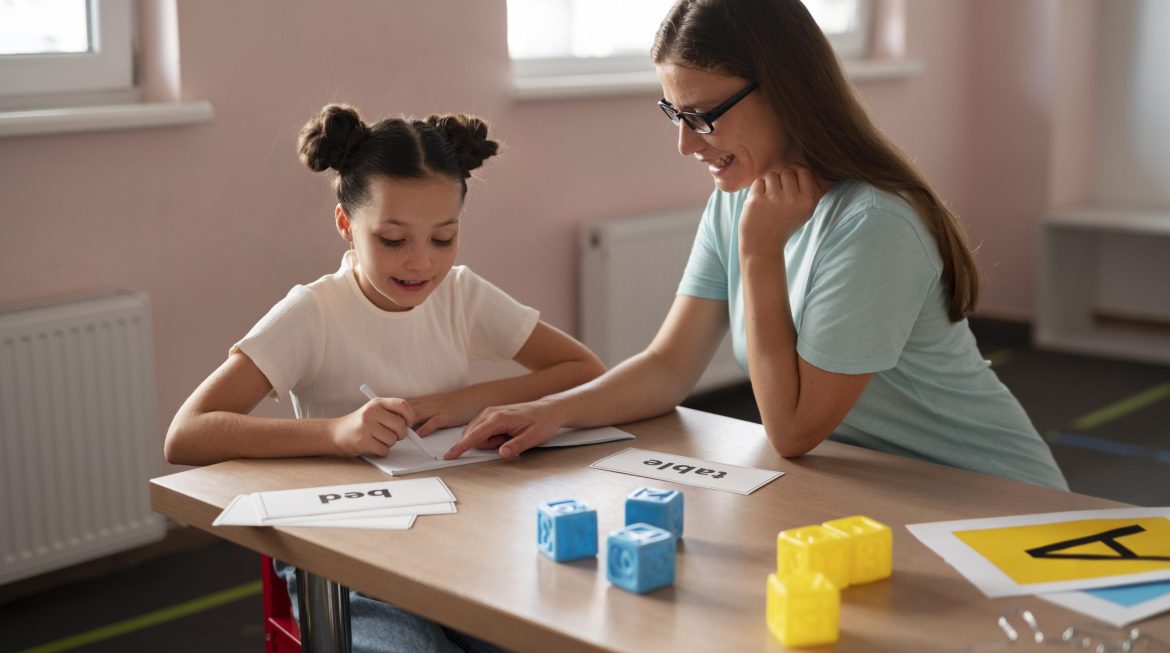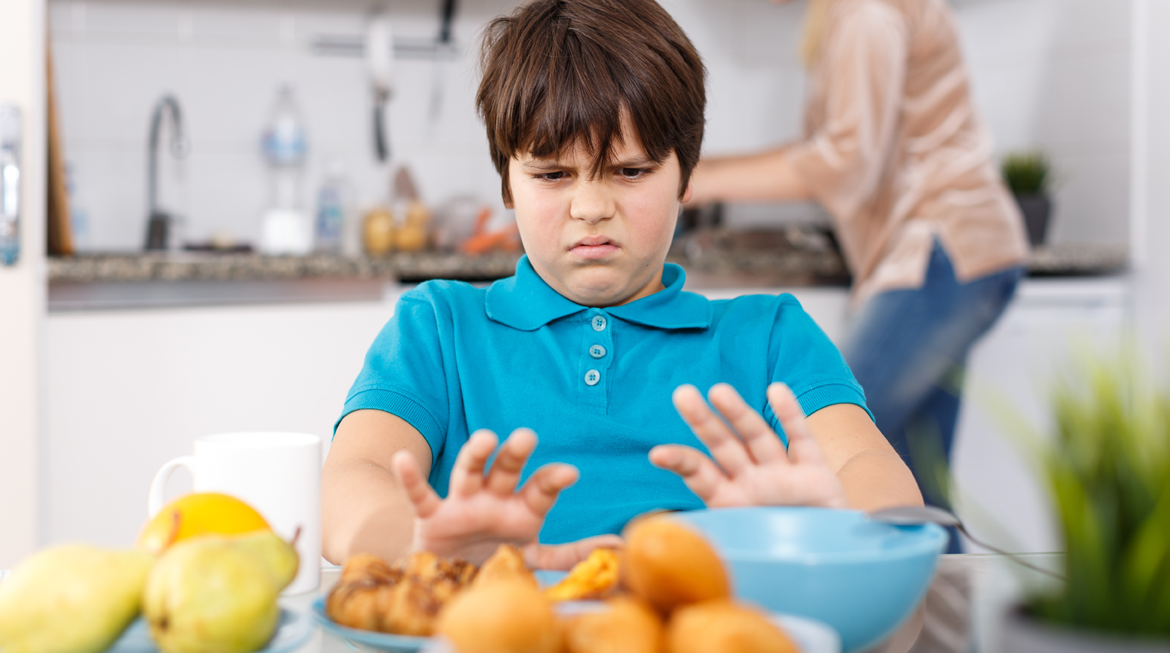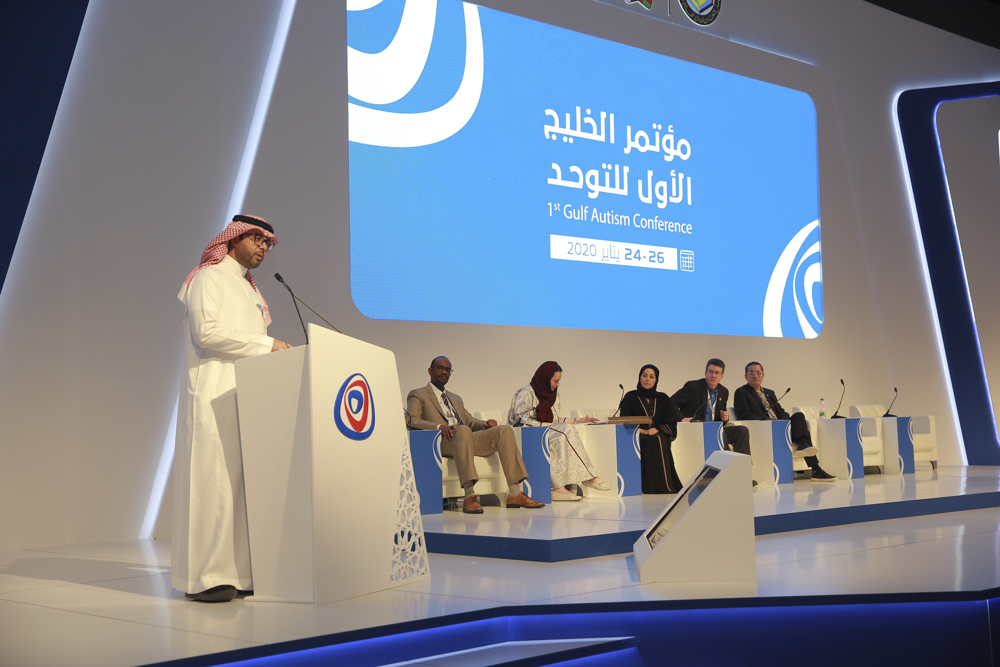How Can I Deal with a Picky Eater Kid?
As caregivers, therapists and physicians we encounter kids who we usually call “fussy eaters” and “picky eaters”. In these cases, parents may be advised to force-feed their children, starve them until they’d accept to eat effortlessly, or even feed them while they’re engaged in other activities, like watching their favorite cartoon show on the TV. However, these methods may only frustrate us and the kids more. Some caregivers may still complain that their child is losing weight or is still sticking to a few numbers of food items that are non-variant in nutritional benefits. But have we ever tried to …
Hayati at Gulf Autism Conference 2020
By helping with daily activities, our caregivers enable clients to maintain their normal daily routines. Hourly home care allows clients to use our caregivers on an hourly or as-needed basis. Surrounded by their possessions, pets, and a familiar environment, our clients receive the support they …
Study Finds Parents Play a Key Role in a Child’s Development
As value-based care initiatives slowly shift the focus of the business of healthcare from “transactions” to sustainable health processes, regulatory bodies have been issuing guidelines at a frenzied pace. Growing research on caregiver influence on patient compliance and legislation have physician. …









